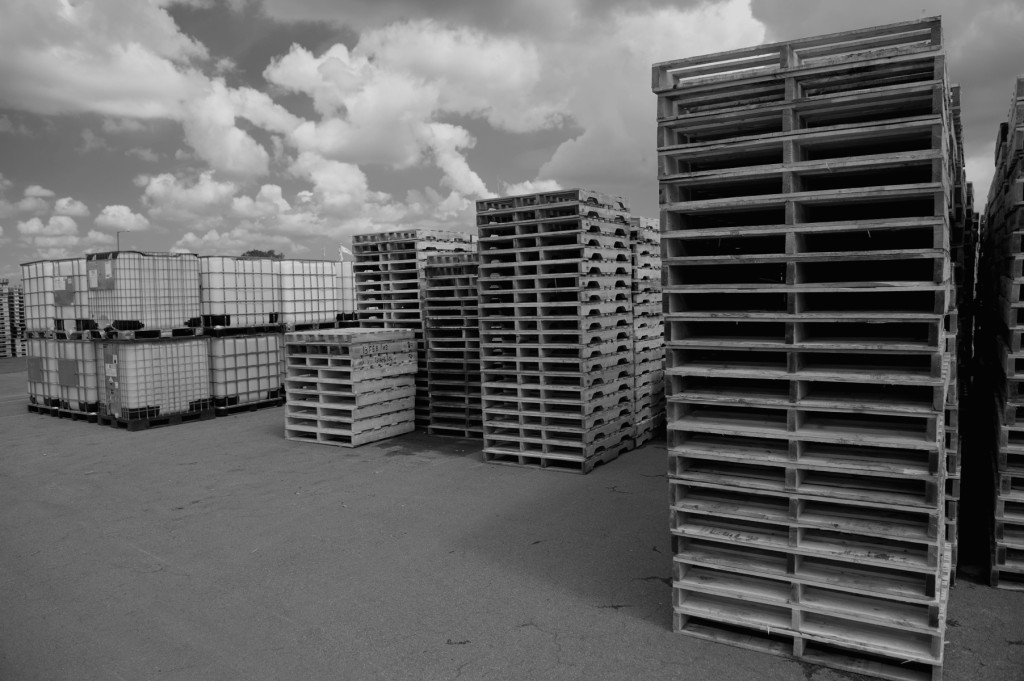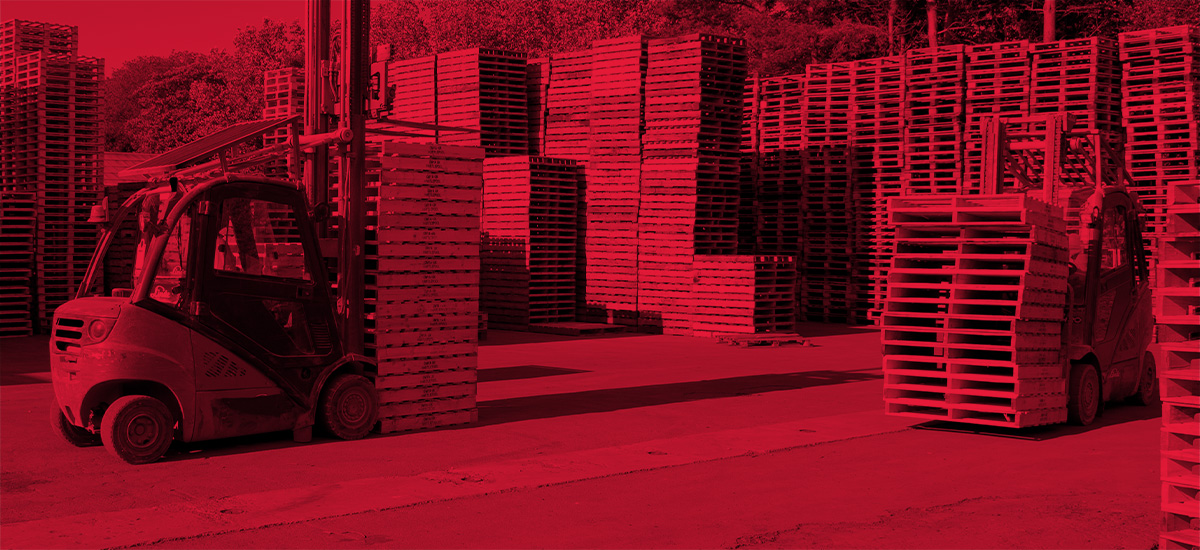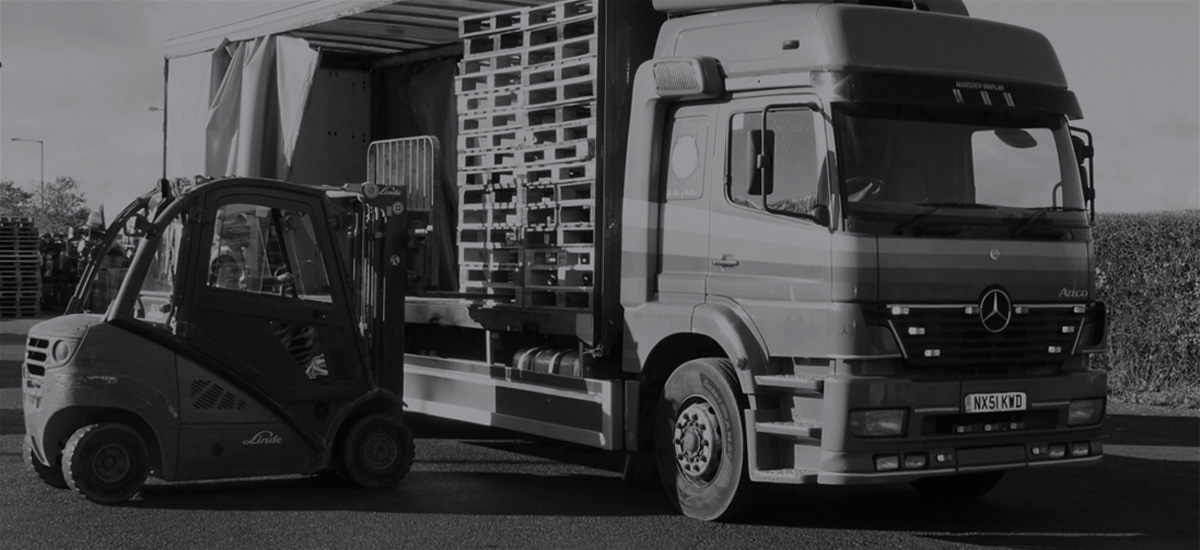Phrases such as creating a ‘circular economy’ or being ‘environmentally sustainable’ are becoming part of our modern vocablary. During the twentieth century the handling of waste started to follow a more linear pattern with consumers buying something and once used throwing it away without any further consideration.
The concept of reusing and recycling is not new and it’s no secret that it is better for the environment and for our pockets. For centuries everything from reusable glass bottles to recycling vegetable peelings into compost has been commonplace.
So how do we start to look forward and try to break the attitude of throwing away potentially useful items? Over the last decade many global government targets have been set to encourage recycling. This combined with emerging companies handling specific waste streams such as electrical waste, has started to change the mindset of society and businesses to encourage reducing waste, reusing items where possible or recycling materials into new products.
It is inevitable that the cost of brand new products will increase. As more and more natural resources are consumed what will we be left with? This is where the mantra REDUCE, REUSE, RECYCLE, RECOVERY comes in to action. By considering the 4 Rs you can begin to help preserve precious materials and also increase your environmental responsibility. Not only will you become a healthier shade of green but you will also begin to save money which you can use to reinvest in your business and help to become more sustainable.
There are several simple steps that you can do to help save your company money and also increase environmental responsibility. Whether this is shutting a window to conserve heat in the office or switching off a computer monitor between shifts.
Here are just three ways in which you business can implement minimal effort to start seeing some considerable environmental and economic savings. If you are able to set these up you will start to see the benefits almost immediately.
1. Waste Segregation
By segregating waste you can determine how much of your waste is actually fit for the bin. Lots of paper, plastic and organic waste could find its way into your general waste but it could be out-sorted into separate bins to allow recycling.
You may be able to segregate your waste into manageable waste streams, for example, collect paper for recycling or retain empty printer or toner cartridges to be refilled and reused? RPS has created a poster which is displayed in our offices and workshops to help staff segregate waste effectively to reduce waste and make commercial and environmental savings. If you would like to set something up in your business please get in touch by clicking here.
Read the next point below for further details on how to start seeing the savings.
2. Replace with Recycling
By looking in your bins and moving recyclable items into their own bin you will immediately reduce your waste costs. A recycling skip is typically a lot cheaper than a general waste skip which is levied with heavy landfill taxes. RPS managed to reduce their waste disposal costs by up to 50% during 2013 when we removed 3 general waste skips and replaced them with 1 large dry mixed recycling skip.
If you speak to your waste management provider they should be able to offer you a more cost effective and environmental solution for recycling. It should take little effort and you can appreciate the benefits immediately.
3. Reduce the space
Now that you’ve segregated waste and can see the benefits of reduce disposal costs how can you improve this further? To help drive down your waste costs you could compact recyclables such as cardboard and plastic so you can fit more into your current bins and skips. This will encourage fewer bin changes and in turn the cost of waste collections. Fewer collections mean less disposal costs to you. It will also indirectly encourage a reduced carbon footprint as the service vehicle will visit your premises fewer times per month.
Hopefully the guidance above has helped you to realise that businesses do not need to be linear in their approach to waste any more. RPS can help you look at packaging waste in particular but there are still everyday items that can be addressed to reduce, reuse or recycle waste.










